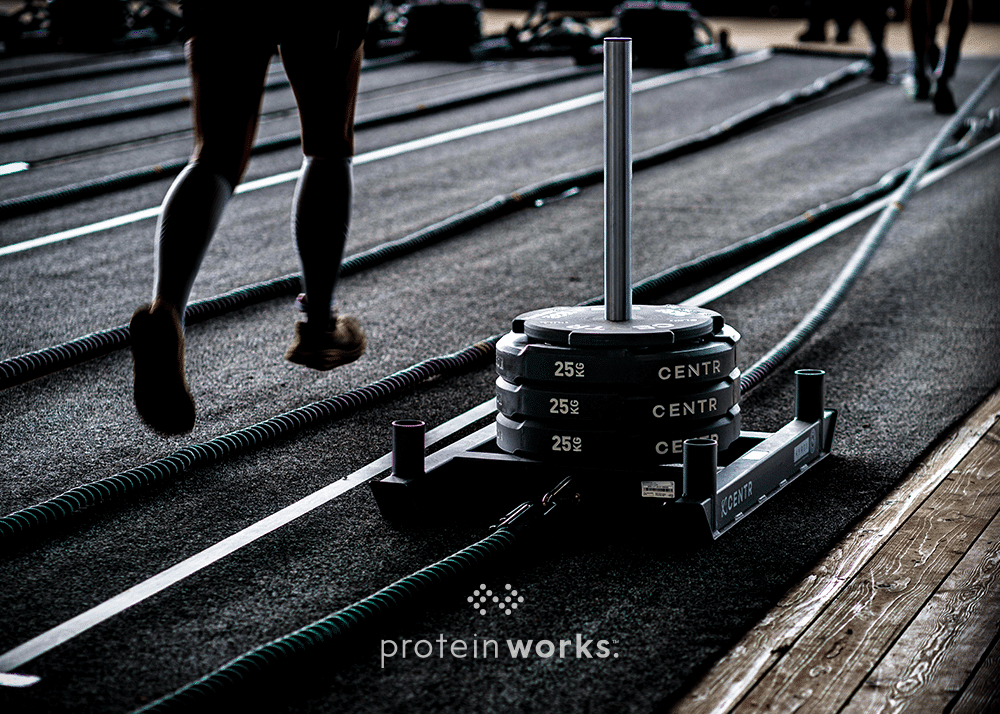
The Art Of Deloading
Taking an easy week seems like a mad idea when you’re in pursuit of your long term goals. However deloading is the often overlooked process that despite feeling like your taking a step back, it will propel you 2 steps forward and help you to smash your goals further down the line.
What is a deload?
A deload, or deloading, is a planned phase of recovery. Usually lasting 1-2 weeks it allows your muscles and brain to recover from the stresses you’ve been placing it under with your training program. By deloading, your able to fight fatigue and ultimately prevent any injuries that occur from overtraining. As you get more experienced with training you’ll understand more when your body is at a point in which you require when to deload,
When to Deload?
It really depends on what level your at for when we’d suggest you deload.
Beginner – Especially important to beginners, a deload allows your body to adjust to your new training schedule and recover fully. We would suggest you deload every 6 weeks throughout your training program.
Intermediates – Although you might feel confident you don’t need to deload, this can lead to a false sense of security and lead to that injury you were hoping to avoid. For all intermediates we’d recommened taking a deload week every 12 weeks.
Expert – You’re an expert, you know your body better than anyone else, those signs of fatigue such as sore muscles or lack of concentration or motivation, as always, will be your key sign of a need for a deload. A deload every 4-6 months or especially after competitions is ideal.
How to Deload?
There is loads of literature surrounding how to deload, a lot of trainers like to make it very complicated. We don’t believe that’s necessary at all and like to keep it nice and simple. Take 10% off the bar. It’s that simple, still maintain the same amount of volume in terms of reps and sets but just take a little off the bar. By taking this small step back your muscles will be able to recover fully, and get straight back to it the next week with a clean slate.
What to eat during a deload?
Naturally, this depends entirely on your goals.
Fat Loss – Eat more! Sounds silly doesn’t but have a think for one second. You’ve spent weeks in a calorie deficit which is never ideal for your body. Simply bring your eating up to a maintenance level (in line with your TDEE) and you’ll feel re-energised and ready to go the following week. It’ll take discipline to get your eating back down to a deficit the week after, but you’ve made it all the way to a deload, and you should this as a week to refuel, and go harder in the following weeks.
Muscle Gain – Keeping those macro nutrients in check is absolutely key here. Continue to fuel your body with the protein and carbohydrates it needs to refuel. However you’ll want to drop your intake by around 300-500 calories for your deload week.
And that just about wraps it up. Taking a break, when it’s needed, is absolutely vital to fighting off overtraining and keeping you on track for your long term goals.It helps to not only keep you healthy, but it will also up your motivation to continue pushing towards your chosen goal. Deloads are often overlooked by the average gym goer, however the benefits of a short term ‘easy week’ are clear for all who’ve done it. Added motivation and less fatigue, simple!





No Comments yet!